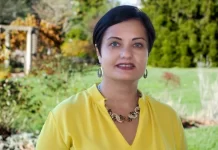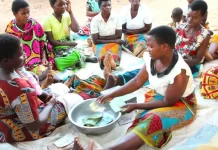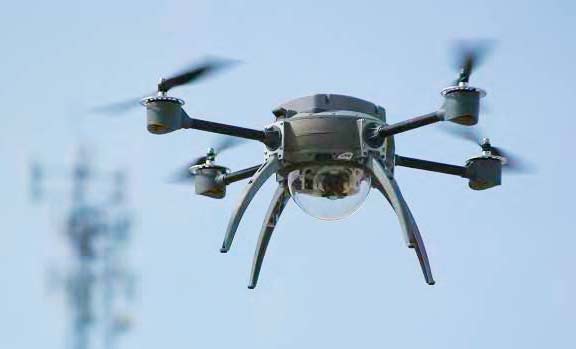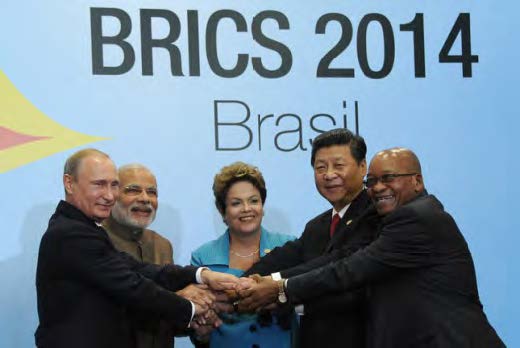 by Marion Sharples
by Marion Sharples
Basic income is increasingly a topic of debate, with Finland having launched its two-year pilot a few days ago, and with upcoming pilots in the Netherlands, and Canada. But what does basic income mean for women, particularly in the Global South? Looking at the Madhya Pradesh basic income pilot, which ran from 2011-2013, Marion Sharples investigates what the impact of basic income was on gender equity.
The basic income pilot took place in Madhya Pradesh, India, the country voted the worst G20 country to be a woman, from 2011-2013. Villages were randomly selected to take part in the pilot, and every adult and child received monthly basic income payments for 12 months. This article sets out six key lessons around gender equity learnt from the pilot, as recorded in this report.
1. Basic income greatly reduced women’s and girls’ poverty rates
It is known that women are disproportionately likely to be in poverty – and the good news is that basic income in Madhya Pradesh helped to tackle this. The basic income transfers had a huge impact across the board in terms of nutrition, education, healthcare and sanitation – but improvements were particularly notable among women and girls. In comparison with the control villages, girls’ nutritional levels in basic income villages improved hugely, as did secondary school enrolment rates and family spending on girls’ education. Women receiving the basic income were also far more likely to seek medical assistance when ill.
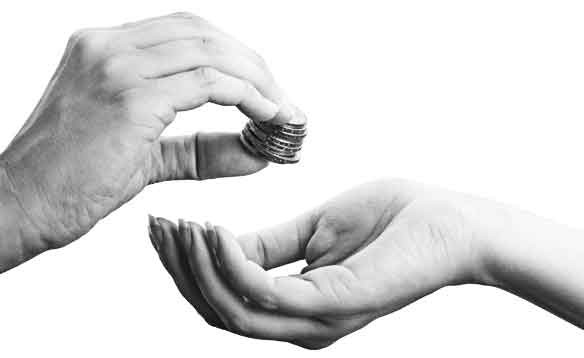
This is a vital lesson on the power of basic income and its ability to tackle poverty. These results add to the findings of other research which argues that the best way to fight poverty can simply be to give money. Further, these results challenge conditional cash transfers, schemes where people receive cash transfers or access to welfare programmes on the condition that they fulfil certain criteria. One of the most well-known schemes is Prospera (formerly Oportunidades) in Mexico. The huge impact of basic income on poverty levels suggests that perhaps conditionalities may not actually be necessary in anti-poverty schemes, as people are well able to make decisions that improve their health, education and nutrition levels without being told to do so.
2. Women and girls were less likely to be exploited by male relatives or the state
Because the cash transfers were guaranteed and unconditional, the room for state bureaucrats to exploit women as dependents was greatly reduced. Male family members were unable to control women’s income as women received the payment directly into an individual bank account, which they had to set up (with assistance if required) if they didn’t already have one.
Within the household, decision-making became more collective, and evaluation surveys revealed that teenage girls were the primary beneficiary of families pooling their basic incomes, as this money was frequently spent on girls’ school-related costs. Further, there is anecdotal evidence that the basic income allowed women to keep money for activities not approved by male decision-makers, such as their daughters’ futures.
3. Working more doesn’t equal income equality, and actually risks increasing women’s time poverty
Interestingly, adults who received basic income payments increased their work activities relative to the control groups. Women, in particular, took up own-account work, which allows them greater independence and control over their income. This surge in work is particularly interesting given the frequent criticism of basic income on the grounds that it will make people ‘lazy’ and disincentivised to work. The opposite happened in the Madhya Pradesh pilot – adults, and especially women, began to work more.
However, we have to be careful when assessing whether more work is actually a good thing – especially when it comes to women. Women already work longer hours than men in both developed and developing regions when both unpaid and paid work are considered – with this adding up to an average of four years more work over a lifetime. So, women working more risks increasing women’s time burden and deepening their time poverty, if it is not accompanied by measures to alleviate care responsibilities and ring-fence leisure time.
The data collected for this pilot does not take into account time-use surveys, which are an effective way of gauging time spent on income-generating activities, care activities, and leisure time. We therefore don’t know if the basic income had an impact on redistributing care responsibilities from women to men – but we do know that we must be wary of equating increased women’s labour force participation with emancipation.
4. Women’s self-respect and social inclusion increased
The payment of the basic income on an individual basis de facto recognises the personhood of women, valuing them as individuals in their own right, as opposed to being defined by their relationship to their household. Basic income recipient women reported that both the process of providing proof of identity to open a bank account, and being independently able to choose how to spend the cash transfer, reinforced a sense of self-respect and individual identity. One woman recipient, named as Ramabai, explained: ‘Now when I stand up and say my name in meetings, I feel a change has come over me.’ (quoted here, p89)
See Also: Bangladesh’s Remarkable Rise from Poverty: A Lesson for the Developing World
Further, the facilities which were built as a result of the basic income, such as latrines linked to dwellings, and water pumps in dwellings or shared among neighbours, allowed women and girls to actively participate in life in ways in which they previously may not have been able to. They were no longer limited by social constraints and dangers preventing them from defecating in the open during the day, and time previously spent collecting water was freed up.
Social norms were also challenged. In one basic income village, a location was needed to distribute the basic income money in the initial months before recipients had a bank account. The decision was made to use the choupal (the main square) for this purpose, even though women were not traditionally allowed to gather there: this was the reserve of men to hold meetings, or sit and relax together. This decision was fought by the men of the village, but after a while, they accepted it – women were allowed to gather on the square to collect their money, and thus, patriarchal norms which marginalised women were overturned.
5. Androcentric structures remained despite basic income distribution
A central part of philosopher Nancy Fraser’s (1994; 1997) conceptualisation of gender equity is that we must not require women to act like men. Instead, institutions which revolve around the male life pattern must be restructured in order to account for people with child-bearing capacities and care-giving potential.
In principle, basic income challenges androcentrism because it inherently places a value on the (previously unpaid) work that women do. It acknowledges that ‘work’ extends far beyond remunerated hourly labour.
However, in this pilot scheme, a lot of the progress celebrated is about women catching up with men – when it comes to educational enrolment and attendance, health and nutrition, labour force participation, civic action and activism, and so on. We don’t witness challenges to androcentric structures and ways of life – and the concept of the ideal life pattern as male continues. This is one shortfall of this basic income pilot – but perhaps such fundamental changes need far longer to take root than the course of one short-term pilot?
6. A voice organisation helps to increase the impact of basic income
The presence of a voice organisation was shown to have a huge impact on the benefits reaped by the basic income. In those basic income villages where the Self-Employed Women’s Association (SEWA), a trade union which represents informal women workers, was present, the positive impact of basic income on gender equity was even higher: progress in girls’ nutrition, health, and education levels was highest in SEWA basic income villages.
See Also: A Few Thoughts on Engineering Peaceful and Inclusive Societies
SEWA representatives ensured that all children from all castes were able to receive the food they were entitled to at the anganwadi, the local childcare centre. They informed women about healthcare facilities and how to hold local health practitioners to account. SEWA basic income villages saw particularly high levels of school spending, enrolment and performance, and especially for girls. SEWA also helped illiterate women fill out bank forms in order to reduce the potential for exploitation by bank workers. The combination of a basic income and SEWA support led to the most transformative results of the pilot.
Final thoughts
While certainly not being a one-stop fix-all solution, the progress that was made under a small-scale, temporary pilot should energise feminist advocates of basic income and serve as an inspiration for future work. The positive impact of basic income on poverty levels, women’s self-respect, increased social inclusion and reduced scope for exploitation is greatly inspiring. Upcoming pilots must take into account the impact of basic income on violence and objectification, on challenging androcentric structures, as well as on redistributing care responsibilities and guaranteeing women’s leisure time. Future pilots should include voice organisations to represent and assist recipients of the basic income. Those pilots should be longer-term, too, in order to learn whether the principles apparently left behind by basic income require additional policies, or just more time under basic income, to see transformation for gender equity.
(Marion Sharples is a feminist activist and researcher based in London and Brussels. Her main areas of expertise are feminist economics, alternative development paradigms, and women’s leadership and participation. She holds an MSc in Gender, Development and Globalisation from the London School of Economics.)


